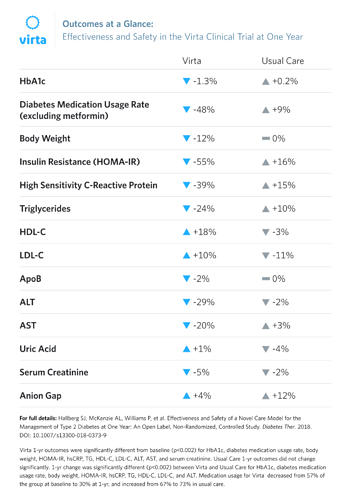PMSL - she took down the post that referred to the study (it was dangerous after all). I guess she didn’t want people to look for themselves or to consider another view…
Melanie Armistead That wasn’t from an article, it’s a culmination of what I’ve read, learned from others (including doctors) and experienced myself over the last year and a half.
You can pick holes in any study if you look hard enough, but when it comes to your health, the most relevant study is n=1 (what works for you).
Personally, 18 months ago I had chronic psoriatic arthritis, exercise induced asthma, fatty liver, CRP in the 20s (on humira and methotrexate), pre-diabetic blood markers and was 115kg. I’d been sick and tired for most of my life and following the nutrition guidelines wasn’t working for me. Now I’m around 85kg, CRP4, no sign of fatty liver or diabetes and both the arthritis and asthma are in remission - but when I revert to a ‘normal’ diet, the pain, inflammation and wheezing come back.
Speaking of studies, have you seen the Virta Health study (published last month) where they kept 262 diabetics and pre-diabetics/metabolic disease in ketosis for a year? 94% reduced/removed insulin, 60% reversed all blood markers of diabetes. HbA1c, triglycerides and inflammation all decreased, average weight down 30 pounds (around 13.6kg). They adapted the ‘diet’ to each individual by monitoring blood glucose and ketones daily.
The control group of 87 people received normal diabetic care: after one year were they on more medication, had higher HbA1c, triglycerides and inflammation and no change in weight.
It wasn’t randomised or double blind (the participants were given the choice to follow the normal guidelines or participate in the intervention), but having the choice has resulted in a higher retention rate, because no-one was forced into following a diet that they don’t want to. And they didn’t provide any food, just the guidelines, so the participants had to work out how to fit keto into their own lives and budgets.
I’m not trying to claim that T1D shouldn’t have first priority for ketone sticks, I’m just pointing out that those of us with insulin resistance and chronic conditions have a valid reason for using them too - and if more of us took the initiative to improve our own health, it’d free up a lot of the money that is currently spent managing our conditions so it could be put to better use.
Tamara Currie Now your talking rubbish !
Out of 262 " diabetics " and " pre - Diabetics " you say - 94% of them
Tamara Currie I am very close to blocking you Melanie





 )
)